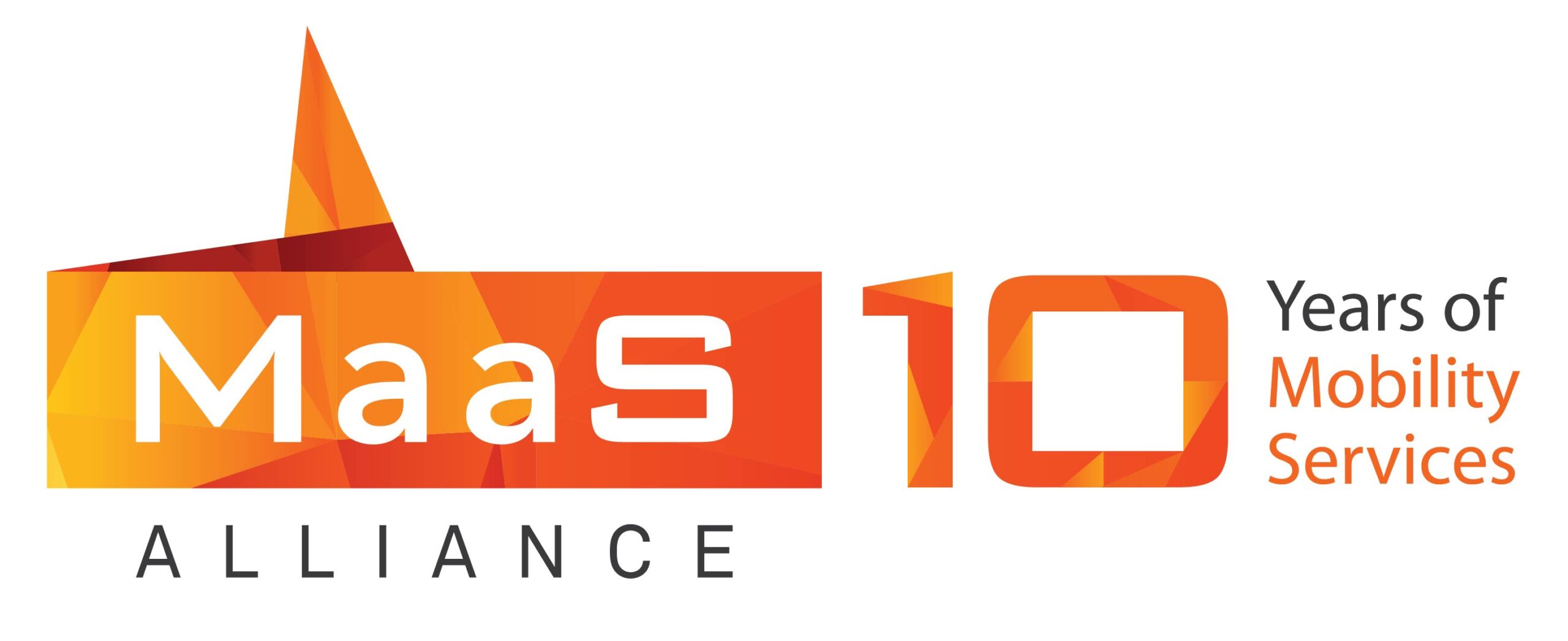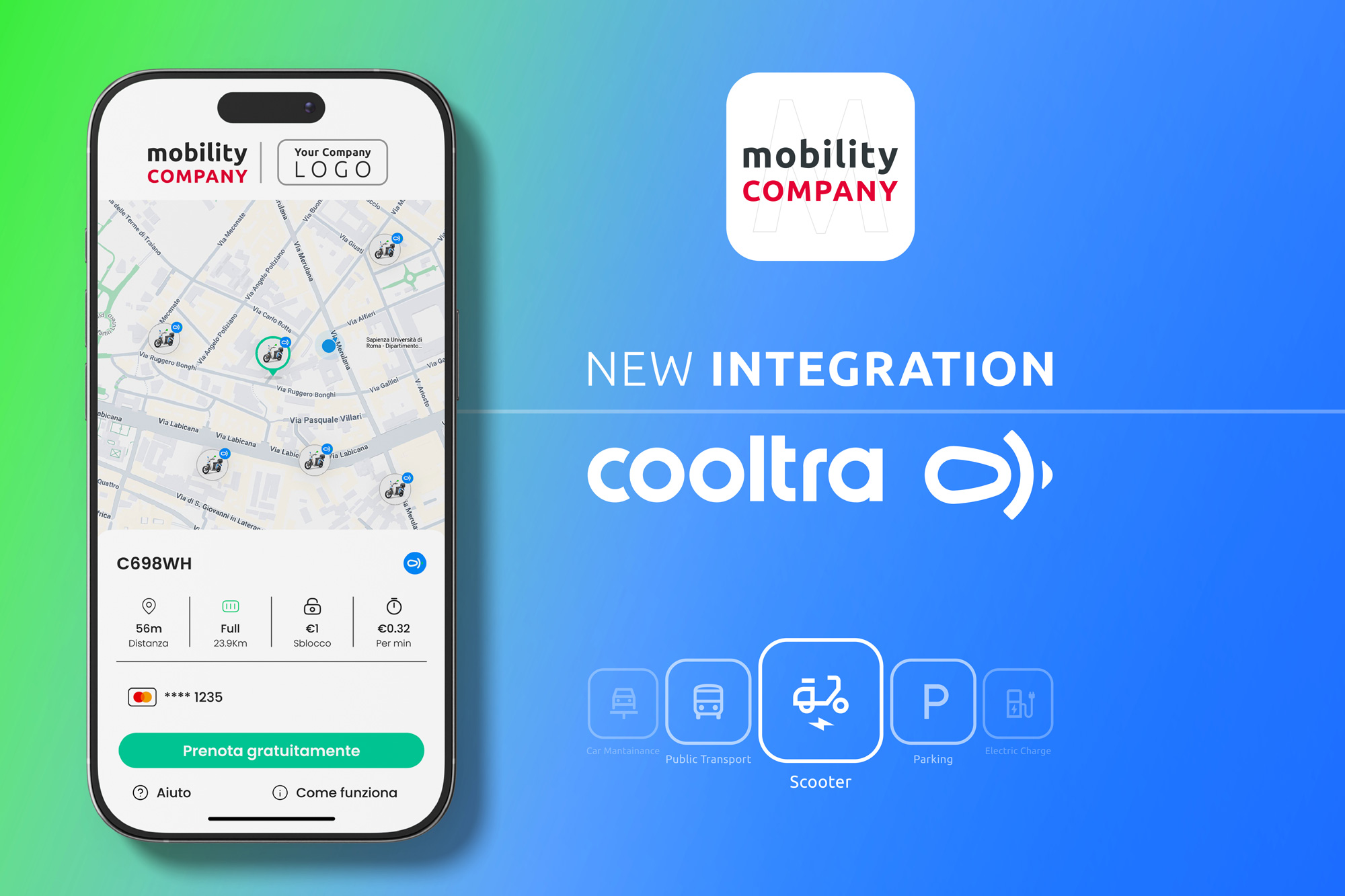The Smart MaaS – Mobility as a Service – project was funded by the German Federal Ministry for Economic Affairs and Energy (BMWi) as part of the “Smart Service World” funding program, and focused on public transport and smart cities. In the project, an open and modular service platform was developed in which mobility offers could be utilized in a unique single package across a variety of providers.
The goal of Smart MaaS is to build an open source, standardised mobility service platform and reference architecture that promotes the creation of new innovative mobility services. This trusted marketplace has empowered interoperability between different modes of transport. As part of the project, new mobility services were designed and tried.
The Smart MaaS platform uses the domain-neutral FIWARE infrastructures and technologies developed as a service-oriented generic service platform under EU funding programs. FIWARE is increasingly seen as the international standard for open source middleware for IoT and smart city applications.
The advent of smart cities is unlocking new technologies as cities seek ways of solving their urban challenges. From smart waste networks to intelligent infrastructure, cities are adapting and innovating to meet the evolving needs of their citizens. However, it’s not just the needs of citizens that are evolving. The era of Covid-19 and its aftereffects require further technological innovations, cost-effective, resilient and sustainable
solutions, as well as those that meet the needs of the shift to net zero.
Smart mobility will drive these technologies and open platforms are seen as a means of avoiding cumbersome fragmentation, providing standardised solutions and being flexible and lightweight enough to drive innovation. Our cities underpin our lives and those of our descendants. It’s vital that technology is able to keep up with their needs.
This White Paper will explore why Smart Mobility as a Service (Smart MaaS) can meet the challenges of transforming cities into smart, resilient, inclusive and sustainable ones. It will showcase organisations that have developed a whole range of technologies that are essential to improve mobility at multiple levels. These technologies shape our destiny and help make our planet great today and for future generations.



